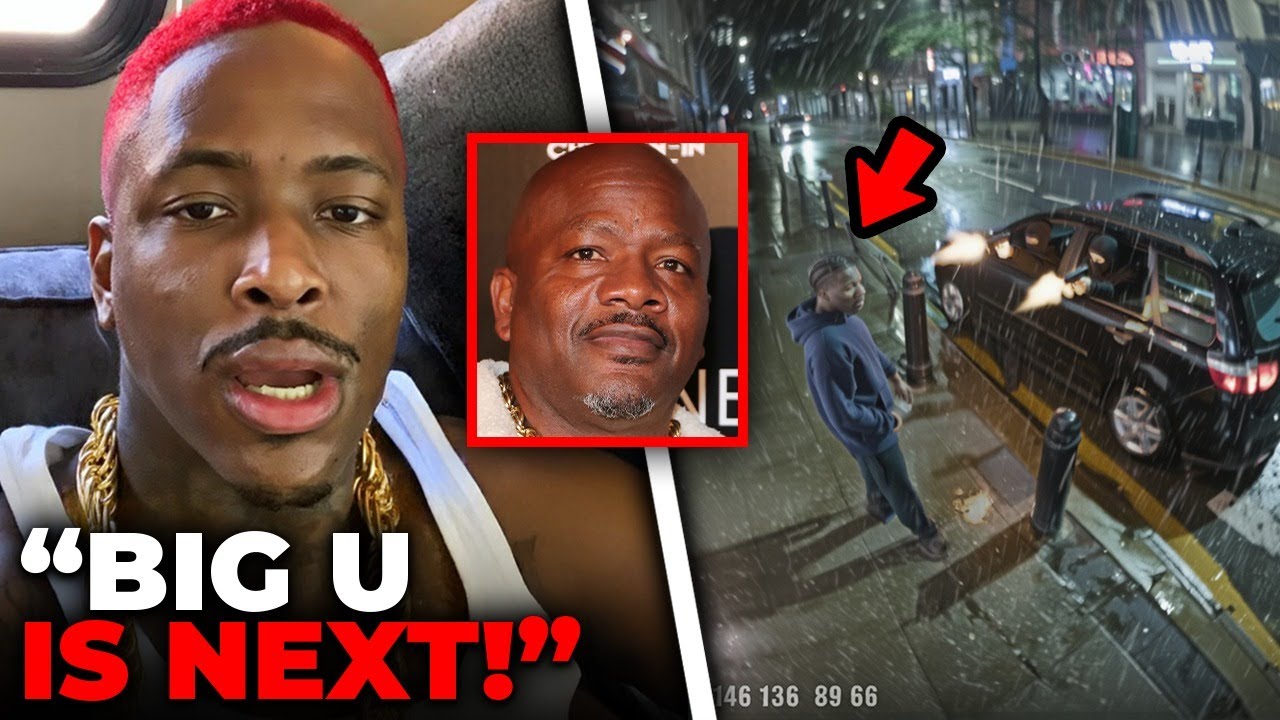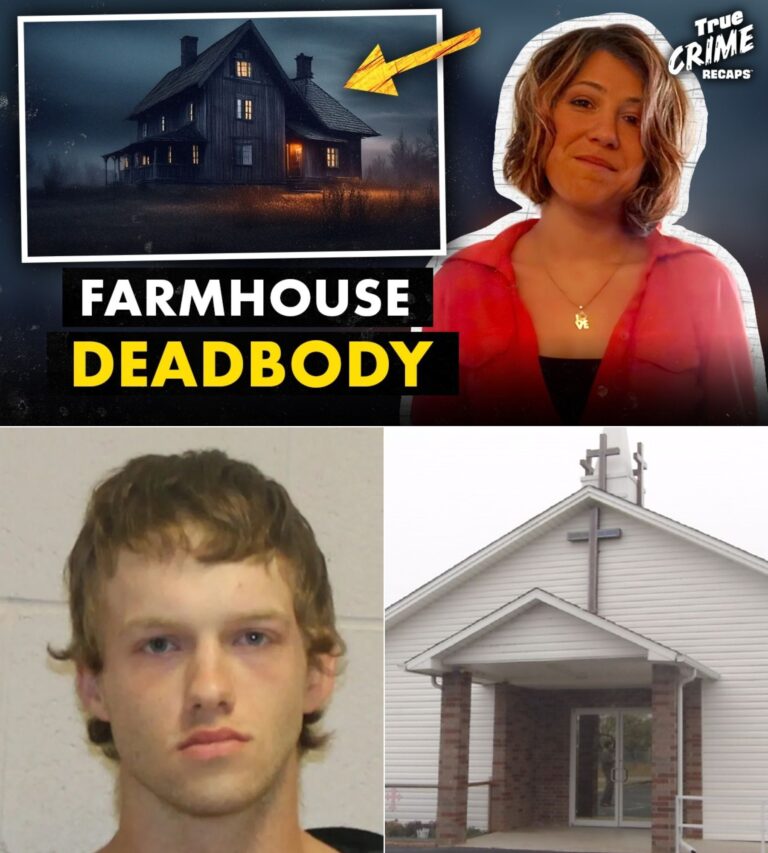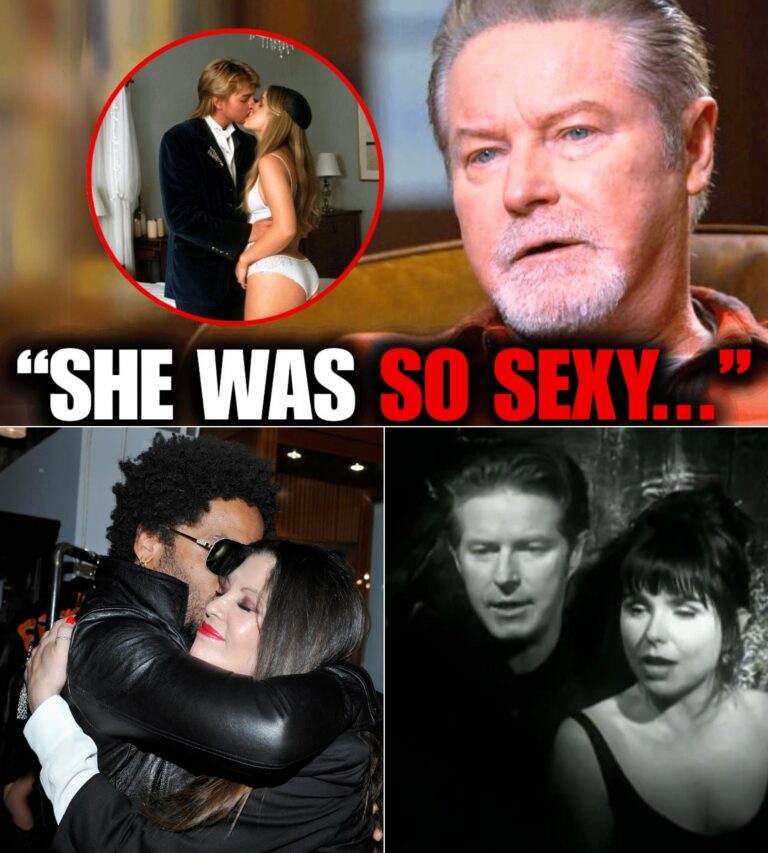Tragedy and Turmoil: The Shocking Death of Jabari Henley and the Internet’s Cruel Response
In a harrowing turn of events that has sent shockwaves through the hip-hop community, Jabari Henley, the son of notorious figure Eugene “Big U” Henley, was brutally assassinated on Halloween night in South Los Angeles. The streets that should have been alive with trick-or-treaters were instead filled with the echoes of gunfire, marking a night that would forever alter the lives of those connected to him.

At approximately 11:11 p.m. PDT, the LAPD received reports of shots fired near the Fig and 69 Smoke Spot, a location nestled in an area known for its long-standing gang tensions. Eyewitnesses described a dark sedan pulling up to the curb, where Henley, affectionately known as Baby Yui, was shot multiple times in a swift and calculated attack. Despite the rapid response of emergency services, Henley succumbed to his injuries just minutes later, leaving behind a grieving family and a community reeling from the violence.
What followed was a digital firestorm that revealed the darker side of social media. Within hours of the tragedy, Nispay’s affiliates began mocking Big U’s loss, igniting a wave of disrespect that transformed grief into a spectacle. The rapid spread of conspiracy theories and unfounded accusations against Big U—who was incarcerated at the time of his son’s death—revealed a community still grappling with the unresolved pain surrounding the murder of Nipsey Hussle in 2019.
As news of Jabari’s death circulated, the online narrative quickly spiraled out of control. Instead of offering condolences, many took to platforms like TikTok and Instagram to propagate a toxic mix of karma and divine retribution theories, linking Jabari’s death to his father’s alleged involvement in Nipsey’s murder. This unfounded speculation overshadowed the tragic reality of a young father’s untimely demise and transformed it into a cruel form of entertainment for the masses.
The Henley family is now left to navigate this labyrinth of grief and public scrutiny. Jabari, born in 1991, had distanced himself from the street life associated with his father, striving instead to provide for his 10-year-old daughter as a warehouse supervisor. Friends and family have spoken out about his character, emphasizing his commitment to family and community over the gang politics that have plagued South LA.
Big U, meanwhile, learned of his son’s murder while incarcerated, receiving the devastating news from a fellow inmate. The anguish of a father unable to protect his child while facing serious legal troubles adds another layer of tragedy to this already heartbreaking story. The irony of a man who once sought to uplift his community now being vilified and linked to violence is a cruel twist of fate that has not gone unnoticed.
As the investigation into Jabari’s murder continues, with the LAPD sifting through surveillance footage and tips from the community, the need for compassion and understanding in the face of tragedy has never been more urgent. The Henley family is preparing for a private memorial, grappling with the loss of a son and brother amidst the noise of a digital mob.
This incident serves as a stark reminder of the complexities surrounding grief and the impact of social media on our collective response to tragedy. As the hip-hop community mourns yet another life cut short, it is crucial to reflect on the narratives we perpetuate and the humanity we often overlook in the face of sensationalism.






